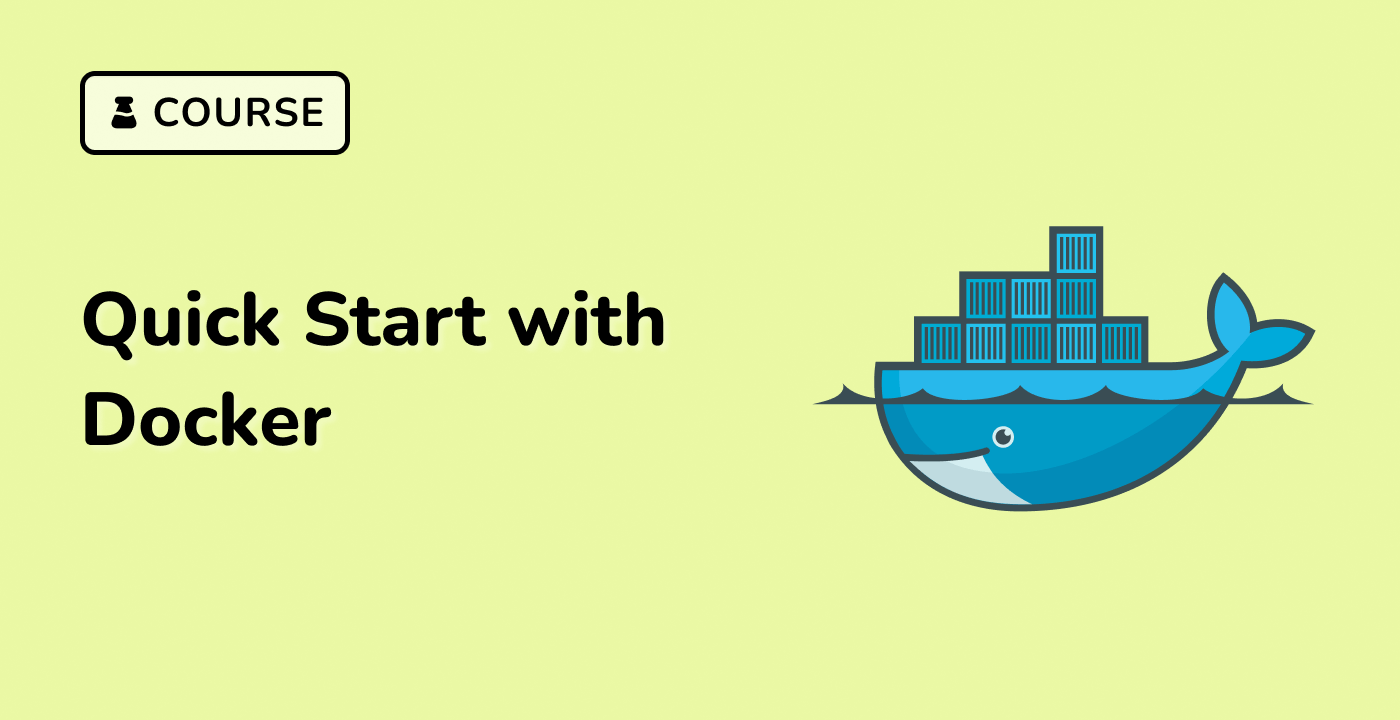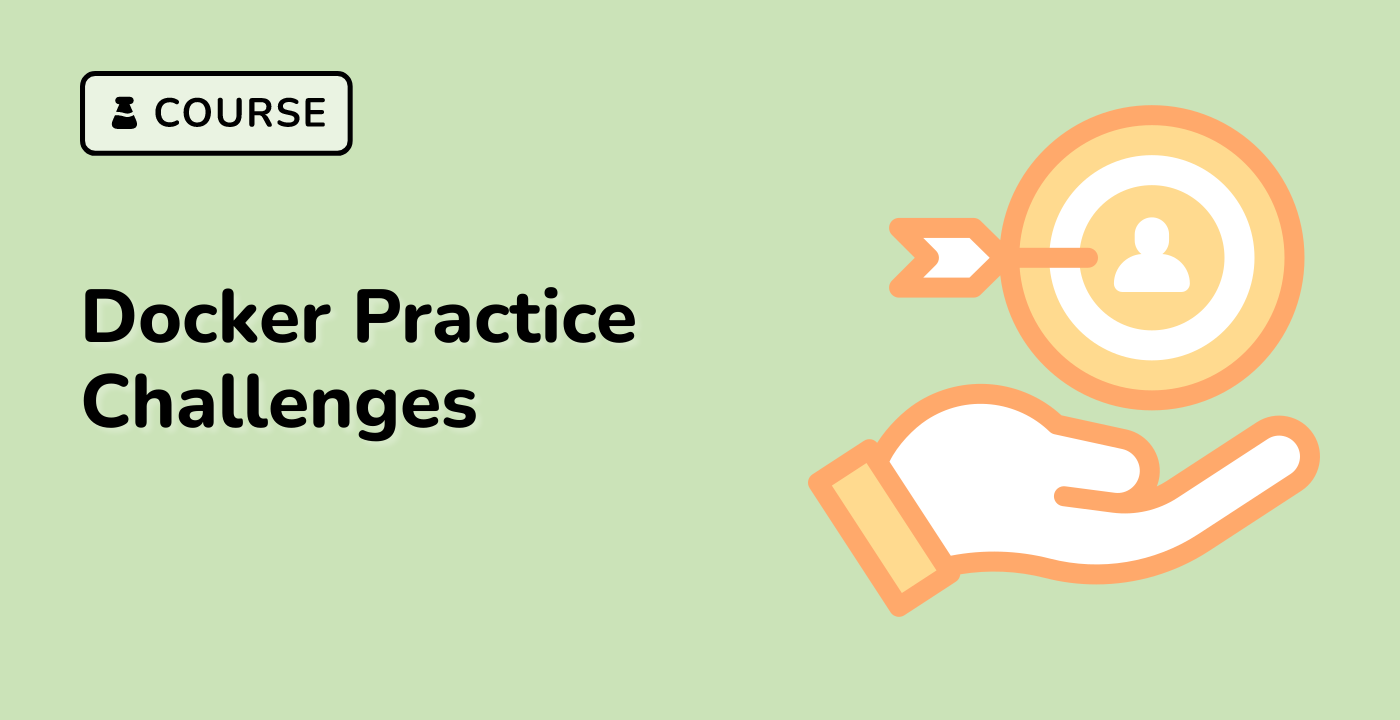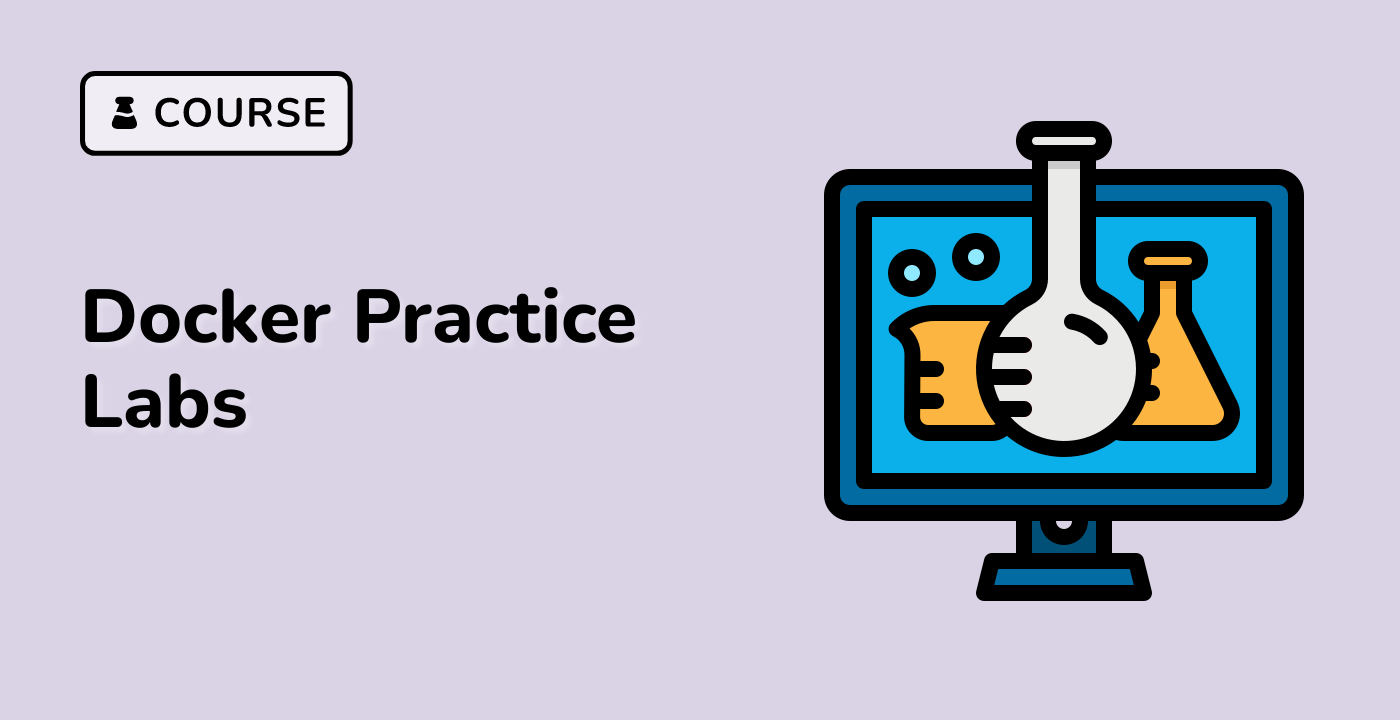Docker Essentials
Introduction to Docker Fundamentals
Docker is a powerful containerization technology that revolutionizes software development and deployment. It enables developers to package applications with their entire runtime environment, ensuring consistent performance across different computing platforms.
Core Concepts of Container Technology
What is Docker?
Docker is an open-source platform that uses containerization to simplify application deployment. Containers are lightweight, standalone, executable packages that include everything needed to run an application.
graph TD
A[Application Code] --> B[Docker Container]
C[Dependencies] --> B
D[Runtime Environment] --> B
Key Docker Components
| Component |
Description |
| Docker Engine |
Core runtime environment for creating and managing containers |
| Docker Image |
Read-only template used to create containers |
| Docker Container |
Runnable instance of a Docker image |
Practical Docker Example
Here's a simple Ubuntu 22.04 example demonstrating Docker container creation:
## Install Docker on Ubuntu
sudo apt update
sudo apt install docker.io -y
## Pull an official Ubuntu image
docker pull ubuntu:22.04
## Run an interactive Ubuntu container
docker run -it ubuntu:22.04 /bin/bash
## Inside the container, you can run commands
root@container:/## apt update
root@container:/## apt install python3 -y
This example illustrates how Docker enables rapid environment setup and application deployment through containerization.
Benefits of Containerization
- Consistent development environments
- Simplified application deployment
- Improved resource efficiency
- Enhanced scalability
- Faster software delivery




